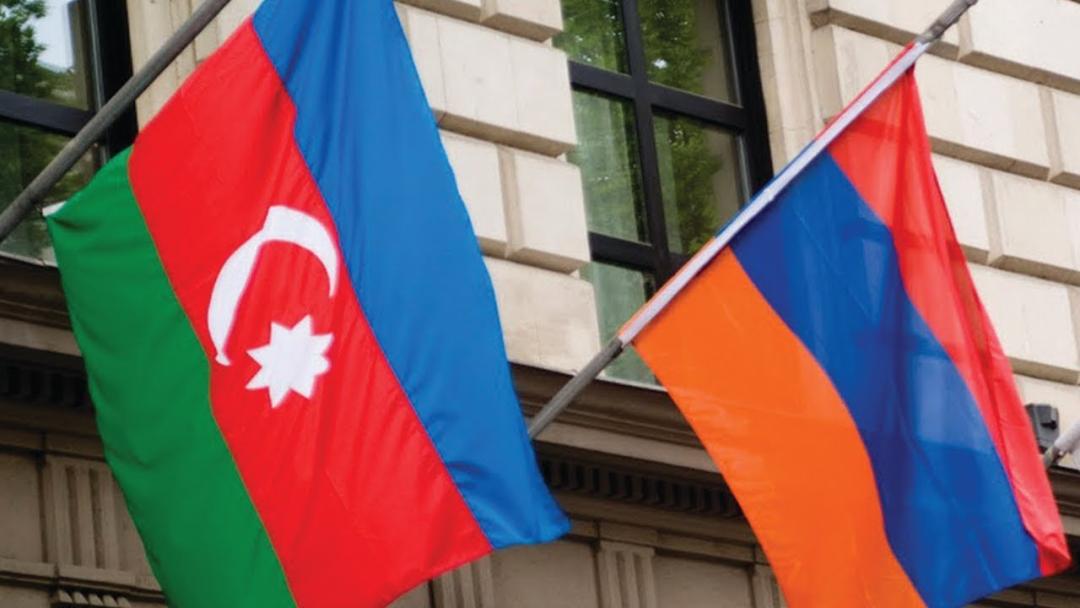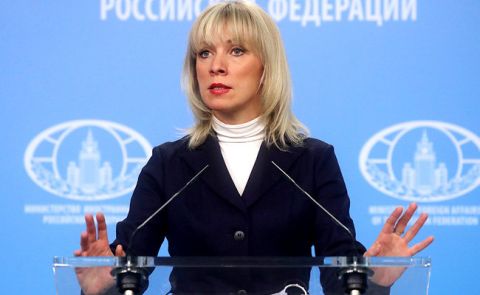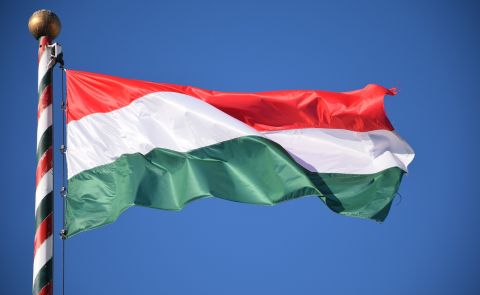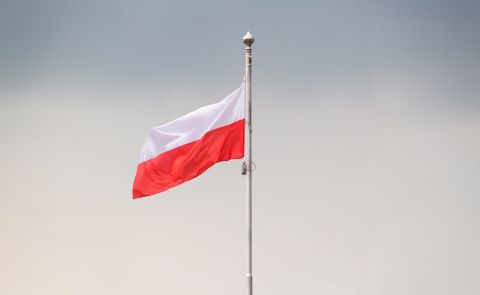
Armenian Officials Respond to Azerbaijan Border Shootings, Reaffirm Peace Talks Commitment

On May 15, Armenian Defense Minister Suren Papikyan avoided commenting on Azerbaijan’s border shootings, while Armenian President Vahagn Khachaturyan and Prime Minister Nikol Pashinyan addressed the issue in separate remarks regarding the ongoing peace talks and related constitutional concerns between Yerevan and Baku.
During the Yerevan State University Alumni Forum, Papikyan declined to answer a journalist’s question about Azerbaijan’s border shootings in the context of the peace negotiations, instead referring to official statements from the Defense Ministry.
In a separate conversation, Khachaturyan reaffirmed Yerevan’s commitment to continuing peace negotiations despite the border incidents. He emphasized, “Our approach is known; we continue negotiations,” when asked whether Armenia would maintain talks while Azerbaijan continued shelling border areas.
Speaking in Tirana to an Azerbaijani journalist, Pashinyan elaborated on the obstacles delaying the finalization of a peace agreement with Azerbaijan. He acknowledged that while the text of the peace treaty had been agreed upon and reaffirmed both countries’ recognition of each other’s territorial integrity based on the Alma-Ata Declaration and former Soviet administrative borders, unresolved issues remained regarding mutual constitutional concerns.
Pashinyan stressed that the draft peace agreement explicitly confirmed that both Armenia and Azerbaijan recognized each other’s sovereignty and pledged not to raise territorial claims in the future. He stated that once the agreement was signed and ratified by Armenia’s Parliament, it would carry the highest legal force, overriding conflicting national laws, in accordance with Armenia’s Constitution.
Addressing Azerbaijan’s insistence on dissolving the OSCE Minsk Group structures before the peace deal, Pashinyan proposed that both sides simultaneously sign the peace agreement and issue a joint statement to the OSCE on the group’s dissolution. “This would be a very important mutual gesture for trust and stability in our region,” he stated.
Pashinyan also voiced Armenia’s concern over certain provisions in Azerbaijan’s Constitution that, according to Yerevan, contain territorial claims against Armenia. However, he noted that unlike Azerbaijan, Armenia did not raise this issue as frequently, considering that the matter would be resolved through the signing and ratification of the peace agreement.
In response to an Azerbaijani journalist’s remark denying Baku’s territorial claims to Yerevan, Pashinyan concluded, “Very well. What is the problem? Let’s sign together at the same hour, on the same day, in the same place—a peace agreement, a joint statement, a joint document to the OSCE on the dissolution of the OSCE Minsk Group structures. I confirm our readiness.”
This aligns with prior diplomatic efforts, where Azerbaijan’s Deputy Foreign Minister Elnur Mammadov, at the Council of Europe, stated that a key condition for signing the peace agreement was amending Armenia’s Constitution to remove claims against Azerbaijan’s sovereignty, indicating ongoing mutual concerns in the peace process
See Also


Armenia Temporarily Halts Brandy Exports Amid Georgian Border Congestion

Political and Religious Conflict Intensifies Over Armenian Apostolic Church Leadership

Maria Zakharova Warns Azerbaijan to Respect Russia’s Sensitivities on NATO Expansion, Criticizes EU Mission in Armenia

Hungary Provides Expert Assistance to Georgia’s EU Integration Process

